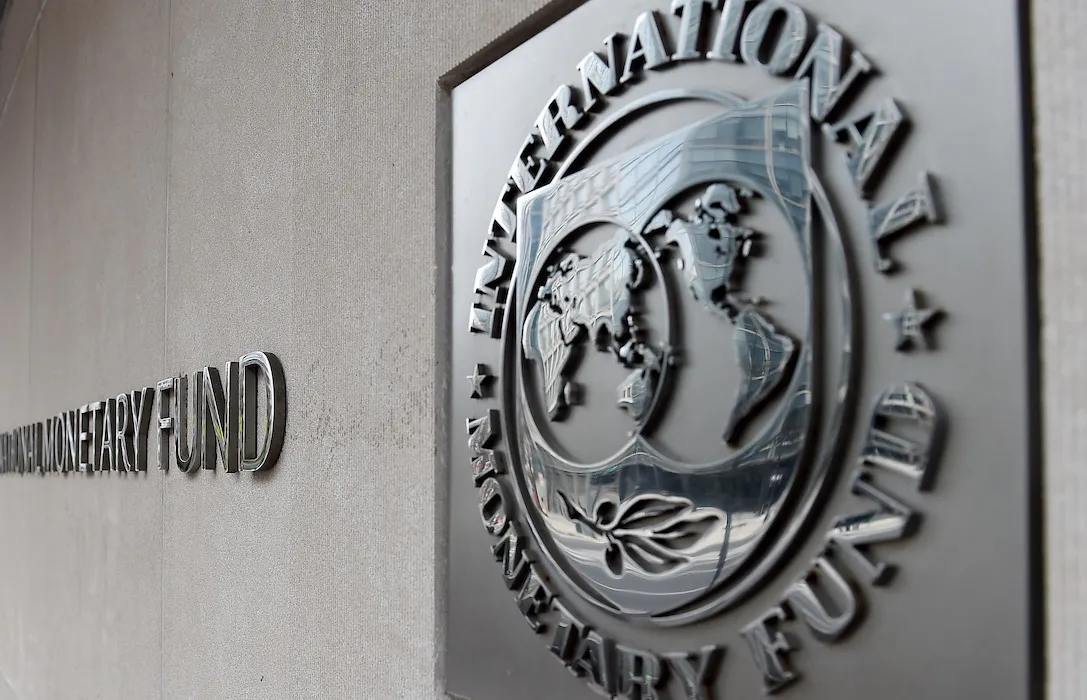
For the IMF, the adoption of bitcoin "poses significant legal, transparency and economic policy challenges," according to Bloomberg, citing the answers given by IMF spokespersons when asked about the matter.
In this sense, he indicated that an IMF working group is "helping" the regional authorities, and those of the Central African Republic itself, to understand and manage personally the doubts that could be generated by the new law.
Warnings similar to those issued for El Salvador
On April 21, the African country's National Assembly unanimously approved a bill regulating the use of bitcoin in its territory, giving the pioneering cryptocurrency the status of fiat money.
Days before the law was enacted, the IMF had prepared a report that predicted a 3,5% growth in the Central African economy this year and 3,7% in 2023, but also an increase in inflation due to rising food and fuel prices.
The report was released on April 27, shortly after the country passed cryptocurrency regulation. It therefore remains to be seen what the IMF's next assessment of the presence of bitcoin in the RCA will be. One might expect similar warnings to those issued for El Salvador.
When the Central American country adopted the cryptocurrency last year, the IMF projected a negative outlook for the nation.
Among other things, the IMF has assured that El Salvador's public debt will rise to around 96% of GDP in 2026, which it considers an "unsustainable trajectory". It also predicted a fiscal deficit of 5% of GDP this year.
Additionally, the IMF has released several statements suggesting that the adoption of bitcoin in El Salvador poses risks to the country's financial stability. These warnings were rejected by the government, pointing out that bitcoin is not leaving El Salvador. "No international body will force us to do anything, nothing at all," said Finance Minister Alejandro Zelaya.
Challenges to the adoption of bitcoin in the RCA
Adopting a cryptocurrency does not mean that there will be immediate prosperity or improvements in a country's situation by magic. Furthermore, the situation in the CAR is different from that in El Salvador.
In the case of the African country, the challenges are considerably wider, considering that it is classified as one of the least developed countries in the world. According to Amnesty International, 2,29 million people, or nearly half of its population, are "seriously food insecure".
On the other hand, there is the question of the technological infrastructure, a vital area for bitcoin and cryptocurrencies. Statistics from 2020 show that there are 1,60 million mobile phones in the country, which corresponds to an average of 0,34 per person.
This equates to less than 8% of the republic's entire population, which means that more than 90% of its inhabitants would not be able to use bitcoin as a payment method.
Another area of concern for the IMF is that of security. With a fairly young democracy, its first elections were held in 1993. The country has gone through two civil wars. Currently, President Touadéra has launched the dialogue initiative together with the Luanda roadmap led by neighboring countries.
